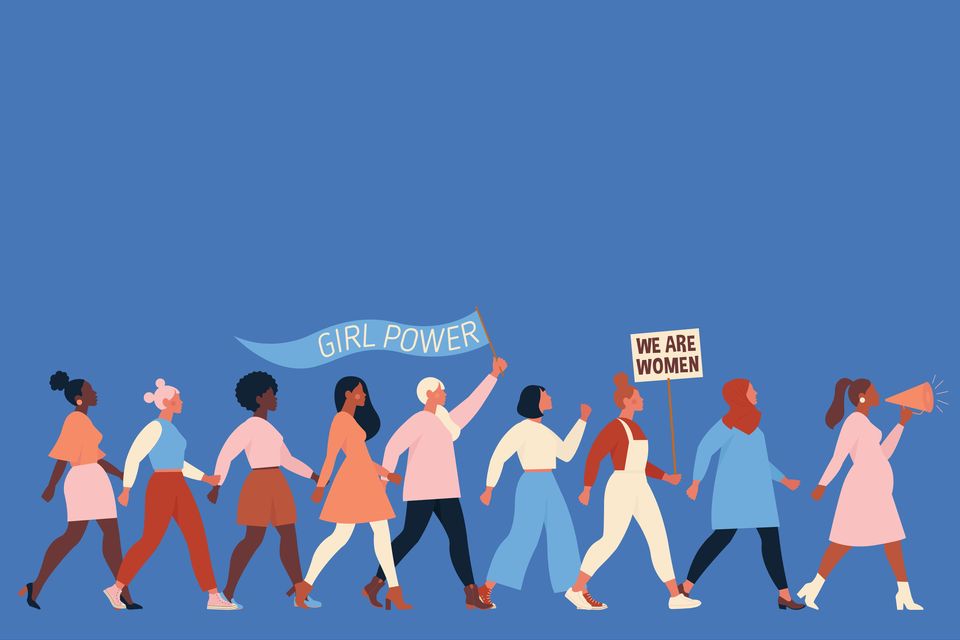The big problem with International Women’s Day — and what we can do about it
A day with a rich, socialist history has been co-opted as a virtue signalling opportunity for corporate world, but can things change?
International Women's Day has roots in revolution, but all too often is adopted by big brands looking to cash-in. Photo: Getty Images
Today is International Women’s Day (IWD). Not officially recognised until 1977, the seeds of it were planted at the turn of the 20th-century when Russian women, amidst the revolution, took to the streets to demand “bread and peace”. Four days into their strike, Tsar Nicholas II was forced to abdicate the throne, and the provisional government granted women the right to vote. That date on the Julian calendar, which was then in use in Russia, was Sunday, February 23. The date was then translated into the Gregorian Calendar as March 8.
Though the designation of one day to celebrate women feels inherently good, the confining of IWD to one, singular day, means that implicitly, we’re not doing it overall. This is perhaps where the true meaning has gotten lost, causing the day to become a baseless totem pole to which corporations can tie their mast.
Join the Irish Independent WhatsApp channel
Stay up to date with all the latest news









